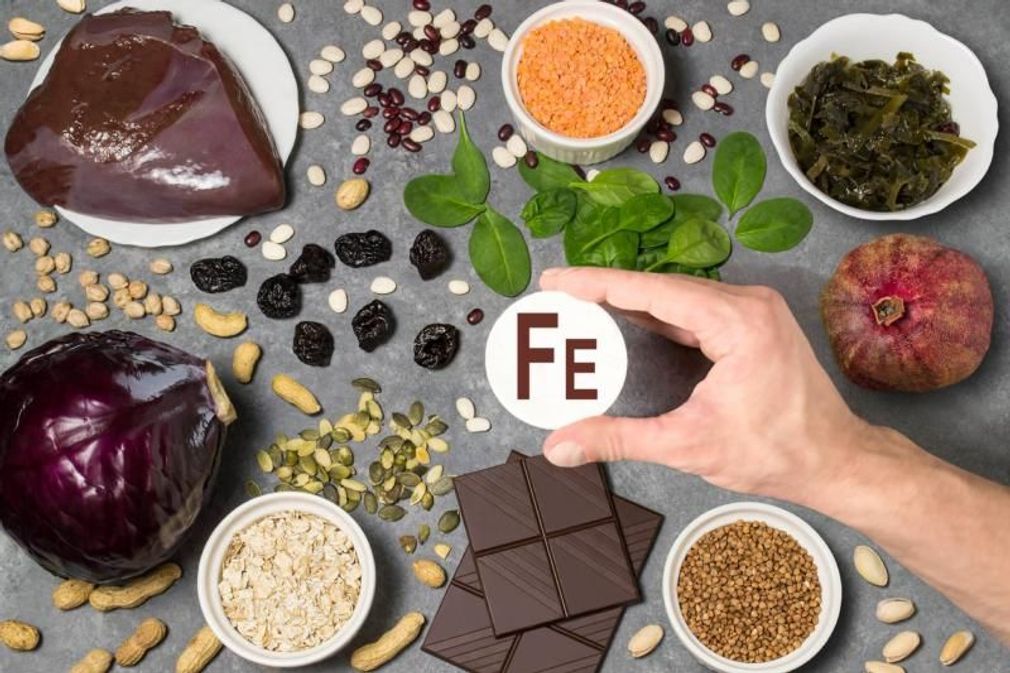Present in trace amounts in our bodies, iron is an indispensable trace element because it guarantees oxygenation of every cell in the body.
Table of contents
HideIron represents around 4g of the total weight of a 70 kg man and 2.5g of that of a 60 kg woman. Absorbed mainly in the small intestine, it ensures oxygen transport in the blood by red blood cellsand is involved in numerous enzymatic reactions in the cells.
A lack of iron can therefore be detrimental to our health and the proper functioning of our body. That's why it's so important to know more about iron. mineral.
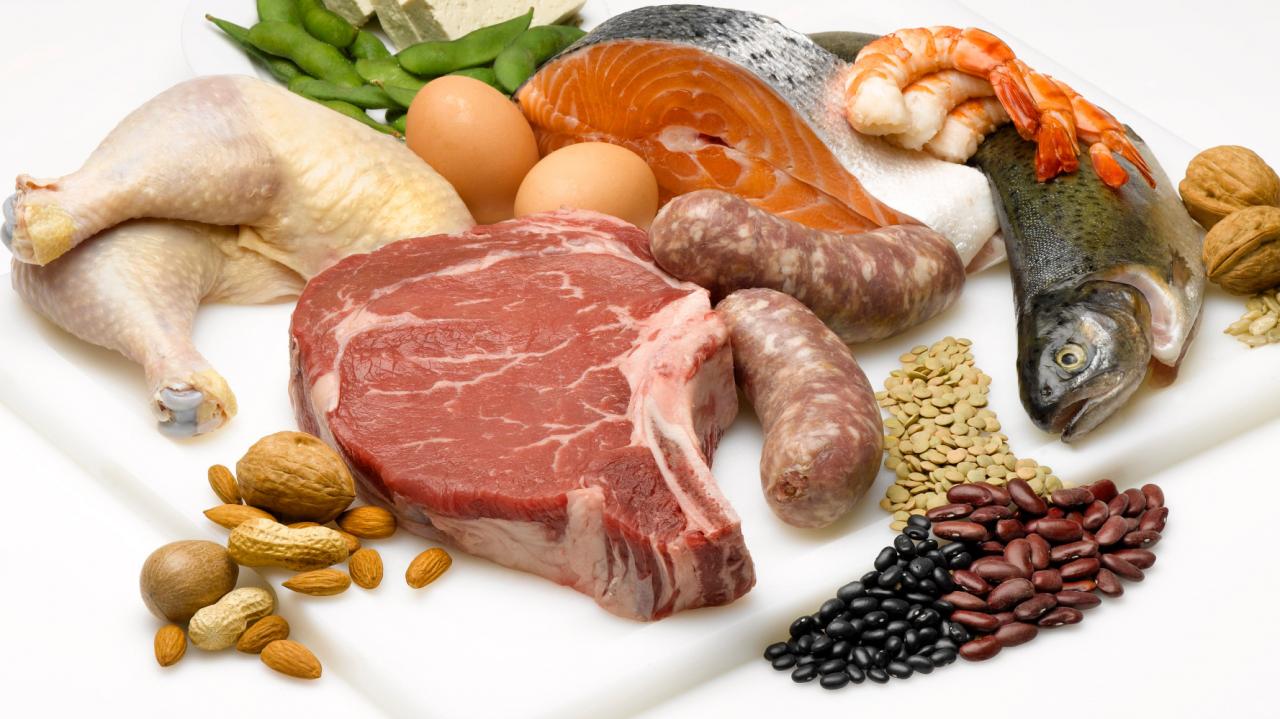
Properties and role of iron
Iron plays a vital role in our bodies. It is present in the hemoglobin of red blood cells to ensure oxygen transport to all cells. It is also found in myoglobin to help muscles build up oxygen reserves.
We need iron for the production of adenosine triphosphate (ATP), essential for the energy we need to carry out our daily tasks. It also helps regulate cell growth and differentiation.
This content is part of the guide Blooness, the guide to the ideal human diet, the summary of which you can find here 🌱🥑
Its presence in haemoglobin supplies muscles and tissues with oxygen in the form of protein. Our bodies also need iron to promote muscle and skeletal development.
Iron is also recognized for its ability to facilitate the synthesis of certain hormones and connective tissues. In pregnant women, it also contributes to the healthy development of the fetus.
Given that our body is unable to synthesize iron on its ownIn order to maintain a high level of iron in our daily diet, we need to take advantage of a healthy, balanced diet. What's more, iron deficiency can lead to a number of illnesses that the human body may find difficult to manage.

My doctor tells me I have an iron deficiency: causes, symptoms and consequences?
The main causes of iron deficiency are insufficient iron in our daily dietary intake. Certain periods in our lives are also conducive to high iron losses, such as menstruation or bleeding. In some cases, there is also a problem with the absorption of iron by the intestine.
Iron deficiency manifests itself differently in different individuals, depending on their capacity for assimilation and the availability of their iron reserves.
The most frequent signs are hair loss, breathing difficulties, lower blood pressure, increased heart rate, brittle nails, chronic fatigue, frequent headaches, dizziness and/or lightheadedness.
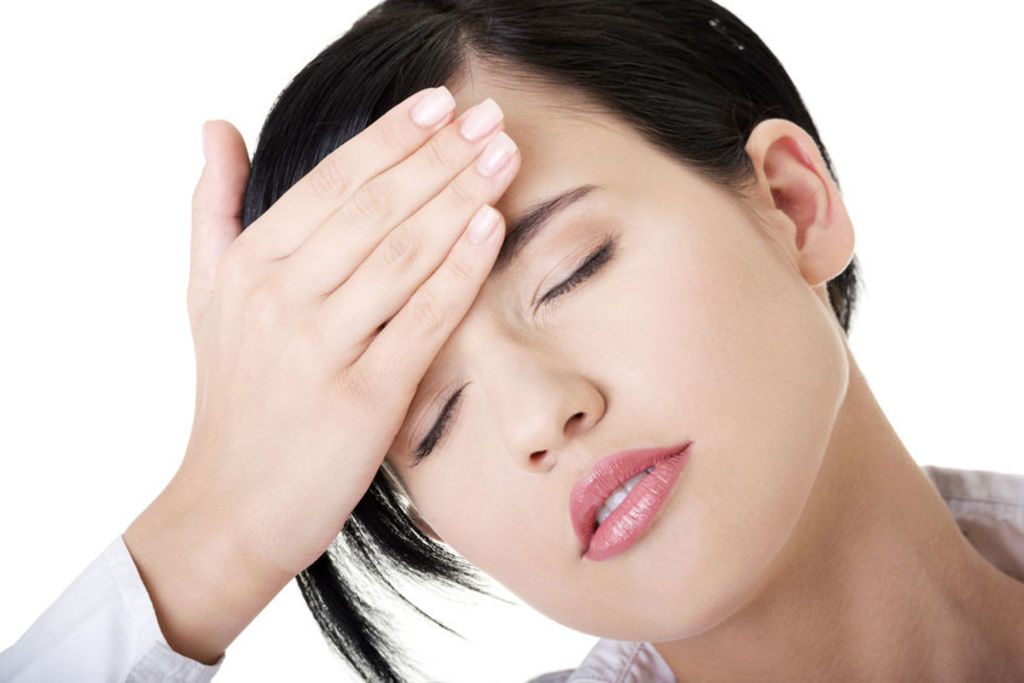
The risk of iron deficiency is also high among pregnant women, girls going through puberty and growing babies.
Increased iron deficiency can lead to anemia Iron deficiency: organs find it increasingly difficult to oxygenate themselves, leading to various illnesses. There are three types of iron deficiency:
- A drop in iron reserves despite sufficient intake.
- Insufficient iron intake leading to malformation of red blood cells.
- Iron deficiency anemia is characterized by insufficient iron in the blood, reducing hemoglobin levels in the body and causing tissue asphyxia.
When should I take an iron supplement?
All iron supplements must be monitored by a healthcare professional. An excess of iron in the body can have a pro-oxidant effect, nullifying the efforts of taking other medications such as antibiotics, antacids, calcium and magnesium. calcium and non-steroidal anti-inflammatory drugs.
Iron supplements are also not recommended for individuals suffering from diseases that result in abnormal accumulation of iron in the body. These include hemochromatosis, polycythemia and sickle cell disease.
Children should be kept away from iron supplements, as they can cause fatal poisoning. It should be noted that some multivitamins and minerals have a high iron content, leading to fatal poisoning if ingested in large doses.
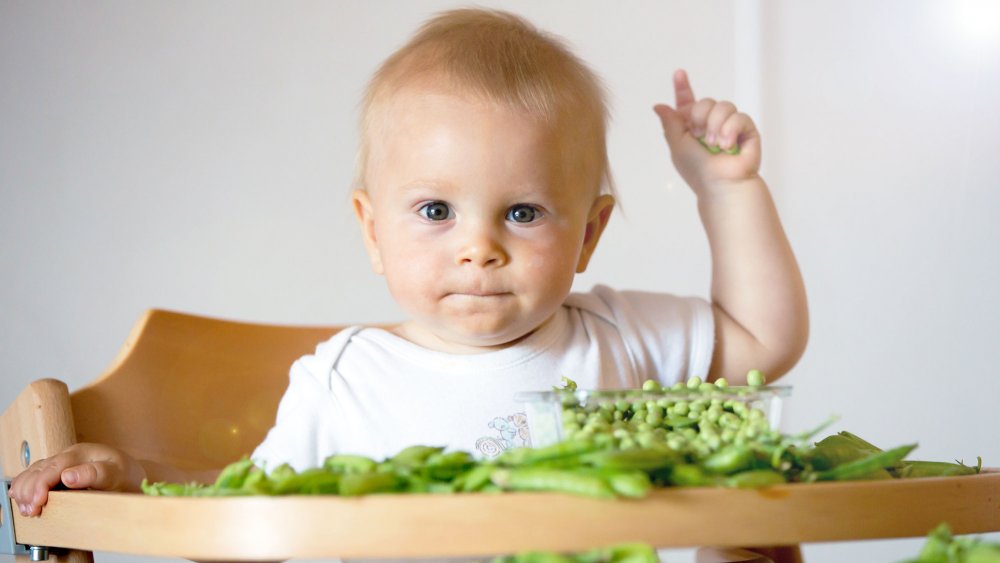
What dose of iron is right for my age?
The recommended nutritional intake of iron is broken down as follows, according to age, condition and gender:
These intakes are 9 mg of iron per day for men and nursing and post-menopausal women, 16 to 18 mg for menstruating women and around 25 mg for pregnant women.
|
Age/State |
Recommended nutritional intake in mg |
| Infants 0 to 6 months |
0,27 |
|
Baby from 7 to 12 months |
11 |
| Children aged 1 to 3 |
7 |
|
Children aged 4 to 8 |
10 |
| Children aged 9 to 13 |
8 |
|
Children aged 14 to 18 |
11 (boys), 15 (girls) |
| Adults aged 19 to 50 and over |
8 to 9 (male), 18 (female) |
|
Senior over 51 |
8 |
| Pregnant woman |
27 |
|
Nursing mothers |
10 (under 18) 9 (over 18) |
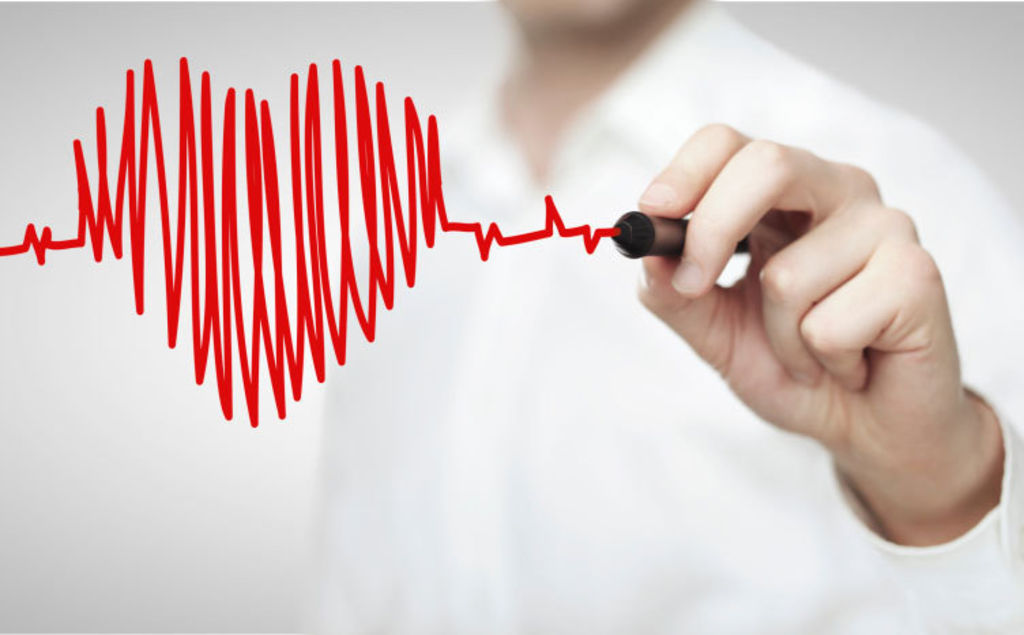
Should I opt for mineral or animal iron?
Meat contains iron with an absorption coefficient of 25%, while iron of plant origin has a relatively low absorption coefficient of 5 to 10%..
Nevertheless, a number of scientific studies tend to favor plant-derived iron for the many adverse consequences that animal-derived iron could have on health. These include increased risk of cell oxidative stress, type 2 diabetes, cardiovascular disease and cancer.
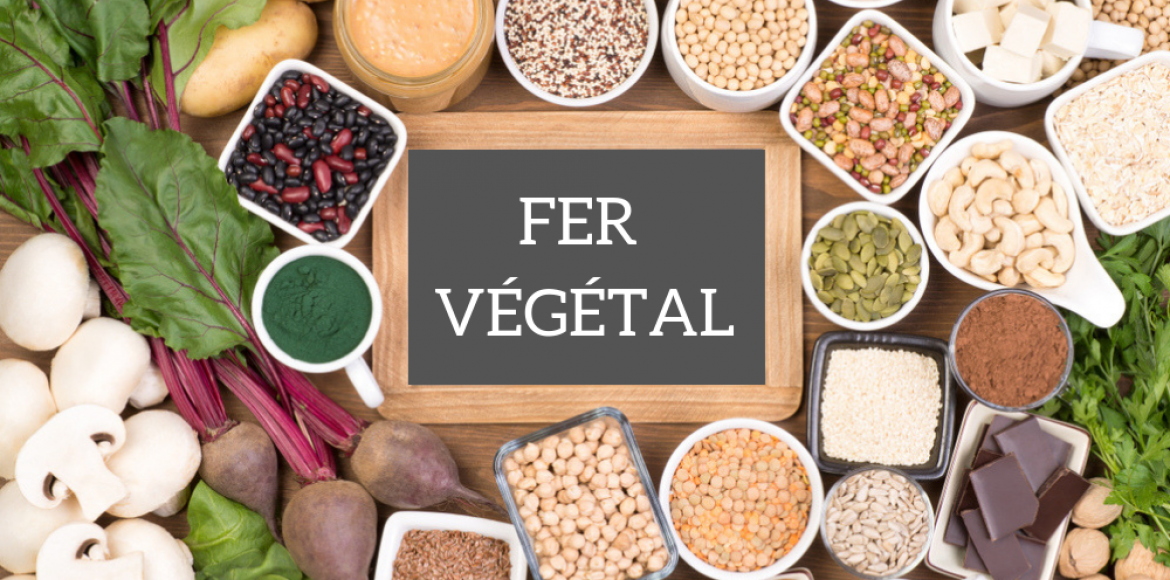
What foods should I eat to fill up on iron every day?
Iron is present in both heme and non-heme forms in foods. High iron content is found in certain foods such as the red meatpoultry, fish, seafood and meat products.
The heme iron in these animal-based foods is better assimilated (5 times more) than the non-heme iron found in plant-based foods such as spirulina, lentils, cocoa, nuts or tofu.
In foods such as dairy products, dried fruits, eggs, molasses, seeds, whole grains, shell fruits, nuts and vegetables. pulses and vegetables In green products, only non-haem iron is found. The iron content of dairy products is very low compared to the calcium content.
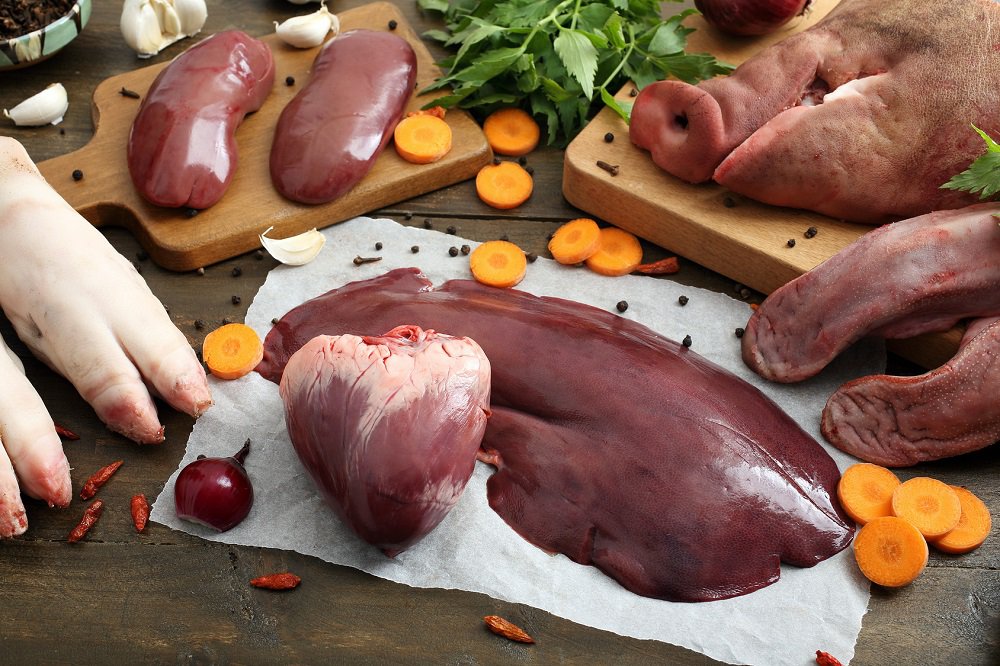
The foods richest in iron
|
Food |
Iron content in mg/100g |
| Offal |
22,8 |
|
Black pudding |
29,4 |
| Cassis |
1,3 |
|
Spinach |
3,6 |
|
Nuts |
4 |
| Oysters and mussels |
5,8 |
|
Clams |
2,8 |
| Sardines |
2,5 |
|
Tomato |
0,3 |
It should be noted that the absorption of non-haem iron is favoured by the vitamin C and proteins. High levels of non-haem iron are found in certain refined products such as cereals pasta, wheat flour and pre-cooked rice, which in any case should be kept to a minimum.
On the other hand, iron's sworn enemies are beverages such as tea and coffee, which contain tannins that are unfavorable to its absorption.
A priori, in a Blooness diet rich in lipids The risk of iron deficiency is very low in the case of the average person. Conversely, no supplementation is a priori necessary for the average person, unless of course indicated by a doctor.
Next chapter: the zinc.
Previous chapter: the chlorine.
New: Blooness Accelerated Programs
For quick results if you are looking for
lose fat permanently,
maintain stable energy levels throughout the day,
and prevent chronic diseases.
Immediate access to the Premium Guide + all current and future programs
Limited founding rate – will soon increase to €97

